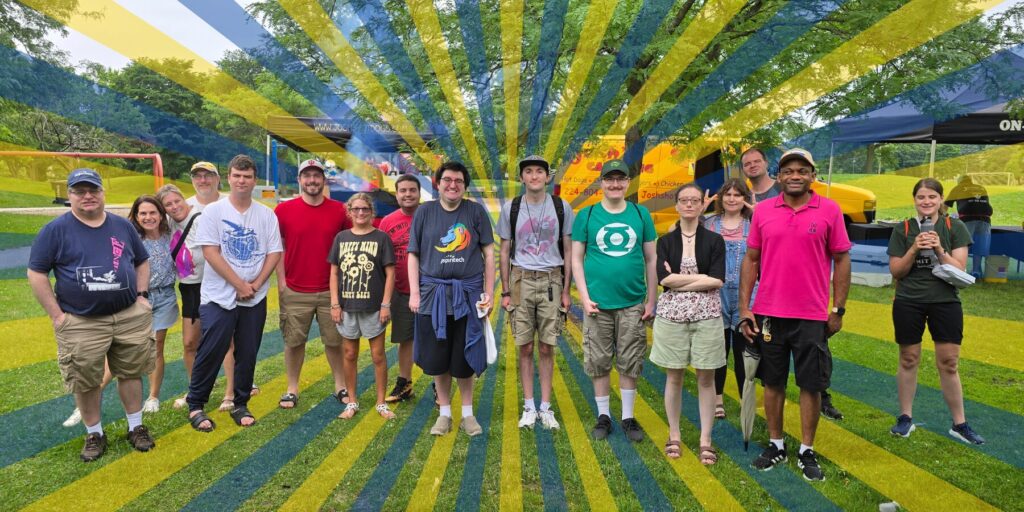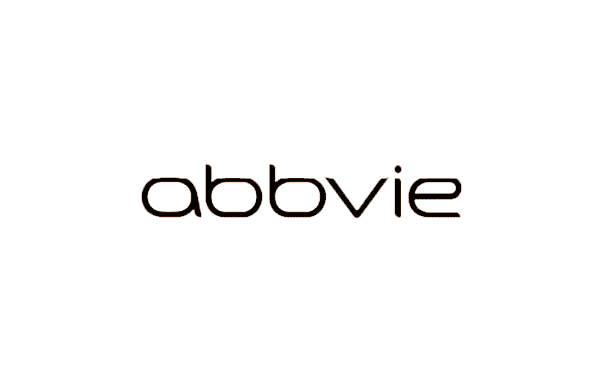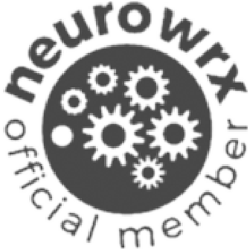Mark Twain once said, “Comparison is the death of joy.” While he makes an excellent point, I will add that when it comes to sharing that you are neurodivergent (whether that means Autism, ADHD, or something else) other things are the death of joy too, such as pathologizing, presumption, and projection.
Labels are like clothes — they fit everyone differently and they don’t tell you what it’s like to wear them. Especially labels such as Autism or Asperger’s, which are enormously varied to begin with. They used to be separate terms but in 2013, Asperger’s was subsumed under the diagnosis of Autism which was also divided into 3 levels. These days, one wonders what specifically they’re even referring to when discussing the spectrum. As it stands, it sprawls too many territories — territories where one area is utterly unique and distinct from all the other areas. This dilemma also points to the arbitrariness of the medical model when it comes to some diagnostic processes.
One thing’s for sure. There are few things more reductive than being proud of who you are — or just being who you are — and sharing that you are on the spectrum with someone, only to have them respond with a look of pity and say “I’m sorry to hear that.” Or “You don’t look like it.” Or “That explains the (insert misattributed behavior presumed to be Autism-based here)”. Or “That’s a medical issue.” Sometimes people don’t say a thing but give off a vibe that feels like a mixture of surprise and “stranger danger”. All this without asking you how the label fits or doesn’t fit you. If you want to talk about social awkwardness, that all just about takes the cake.
Regardless of what forms of diversity with which you identify, each of us is so much more than a role designated by a constructed label. You are not your clothing. And I have a fledgling theory that the more multifarious the label, the more important it is not to presume. In instances where all you are is uniquely wired-up, having that pathologized is an ill-fitting response. Afterall, being understood is a core desire for most people.
Here are my suggestions, starting with what not to do. They are offered to everyone, whether you identify as neurotypical or not. When someone has the courage to share with you that they are neurodivergent, don’t speak for them. Don’t assume they feel badly about it or should. That implies that being neurotypical is preferable and it isn’t necessarily.
Remember that, in many instances, telling you takes courage. Even if they don’t generally feel badly about being neurodivergent, that doesn’t mean they weren’t made to by someone else in the past. There’s a good chance they were. Don’t put them in a box or come from a place of wanting to “fix”. Don’t presume you automatically understand them because you know other people who are neurodivergent. Don’t make it about you, what you’ve been conditioned to think, or what society may or may not think.
In my opinion, the absolute best response you can have when someone shares that they are neurodivergent with you is this simple, five-word question: “What is that like for you?” asked with the energy of genuine openness.
When you tell judgment to leave the building and open your mind and heart to someone’s authentic, individual experience, that energy can be felt and makes a world of difference. You are more likely to receive their truth. If you are accepting of it, the answer might surprise, intrigue, connect, and even delight you in ways that textbook definitions and stereotypes rarely, if ever, allow. We are not our clothing.





















